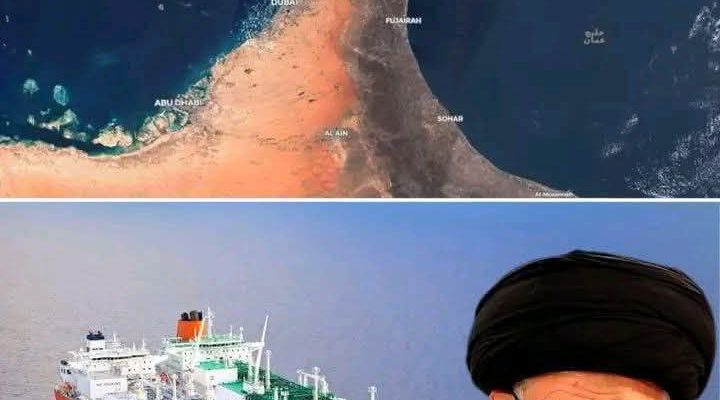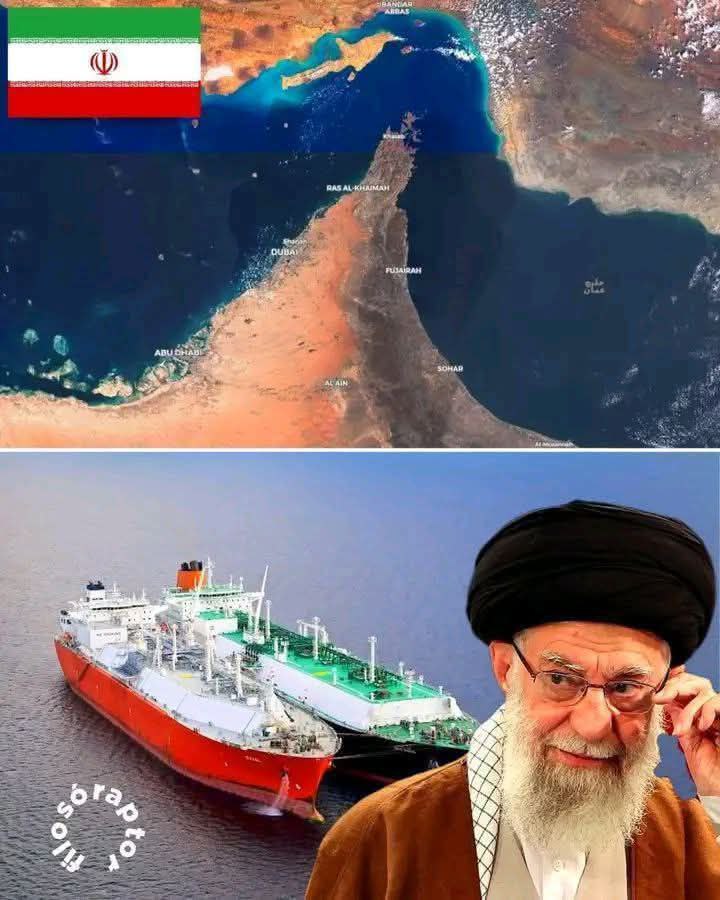The Strait of Hormuz: A Global Economic Chokepoint
The recent approval by the Iranian Parliament to potentially close the Strait of Hormuz has sent shockwaves through the global community. This seemingly small waterway, a mere 34 kilometers wide, plays a disproportionately significant role in the world’s economy, making its potential closure a scenario with devastating global consequences. Let’s delve into the specifics of this critical chokepoint and explore its implications.
A Vital Lifeline for Global Energy
The Strait’s Economic Significance
The Strait of Hormuz isn’t just a geographical feature; it’s the lifeblood of the global energy market. Approximately 30% of the world’s oil and one-third of its liquefied natural gas (LNG) transit this narrow passage. This translates into an enormous volume of energy resources crucial for powering nations worldwide. Disrupting this flow would have immediate and far-reaching effects, creating a domino effect impacting numerous industries.

The Potential for Economic Collapse
The sheer volume of energy passing through the Strait underscores its critical importance. A complete closure, even a temporary one, would almost certainly lead to a dramatic spike in global oil prices. This price surge wouldn’t just affect the cost of petrol at the pump; it would ripple through the entire global economy, impacting transportation, manufacturing, and countless other sectors reliant on affordable energy. The potential for a significant global economic downturn, or even a collapse, is a very real possibility.

Implications for India and the World
India’s Vulnerability
India, a major energy consumer, is particularly vulnerable to any disruption in the Strait of Hormuz. Nearly 20% of India’s oil supply relies on this crucial waterway. A closure would lead to a sharp increase in petrol prices, impacting the daily lives of millions of Indians and significantly affecting the country’s economy.
A Multi-National Concern
The consequences extend far beyond India. The global nature of energy markets means that countries worldwide would feel the pinch of any disruption. The potential for geopolitical instability is immense, prompting questions about the strategies of major players like the United States and China. Will China, a significant energy consumer, intervene? What countermeasures will the United States employ to mitigate the risk? These are critical questions with no easy answers.

Understanding the Geopolitical Undercurrents
The Iranian Parliament’s decision stems from a complex interplay of geopolitical tensions, particularly following recent US strikes on Iranian nuclear facilities. Iran’s threat to block the Strait serves as a stark reminder of the fragility of global energy security and the potential for regional conflicts to have worldwide ramifications. This situation necessitates careful diplomatic maneuvering and a proactive approach to mitigating the risks associated with this critical waterway. The future remains uncertain, highlighting the need for global cooperation to prevent a crisis of potentially catastrophic proportions.
